The interdepartmental collaborative program at the University of Guelph is the focal point for graduate teaching and research in toxicology. Professor Richard Manderville is Director of the Toxicology Program which has 28 members in 10 departments at the University of Guelph. The Toxicology faculty have active research and teaching expertise in many areas of toxicology and students benefiting from this diverse knowledge. Students wishing to undertake graduate studies at the MSc or PhD level with emphasis on toxicology will be admitted by a participating department and will register in both the participating department and in the collaborative program.
The Department of Chemistry at the University of Guelph participates in the Collaborative MSc/PhD program in toxicology. Professor Manderville is a member of the Department of Chemistry and Toxicology Program whose research includes aspects of toxicology. Students choosing this option must meet the requirements of the toxicology program, as well as those of GWC2 for their particular degree program. Three toxicology courses must be completed including Advanced Principles of Toxicology TOX*6000, Advanced Topics in Toxicology, TOX*6200, and a research project must be conducted with a participating faculty member at the University of Guelph. Below is a direct link to courses offered for the graduate program in toxicology:
http://www.uoguelph.ca/graduatestudies/calendar/gradprog/tox-courses.shtml
MSc Program
Admission Requirements
MSc students in the collaborative program in toxicology must meet the MSc admission requirements of the participating department in which they are enrolled. The minimum academic requirement for admission to the GWC2 MSc program is an upper second-class (B+) honours bachelor’s degree (or its equivalent) in Science from a recognized university. Strong emphasis is also placed on the letters of recommendation received in support of the student’s application. Students from foreign countries where English is not the language of instruction are also required to prove their proficiency in English through a TOEFL exam and may be required to complete a GRE (Graduate Record Examination) in Advanced Chemistry to assist the Director in assessing their academic background.
Degree Requirements
MSc students in the collaborative program in toxicology must meet all the academic requirements specified by the participating department in which they are enrolled. GWC2 MSc students must successfully complete at least four one-term graduate courses, two being CHEM 784(0) (Research Literature Review) and CHEM 794(0) (MSc Seminar) and one of which must be a Chemistry Graduate course, and submit and defend an acceptable thesis. They are required to include the following toxicology courses: TOX*6000 – Advanced Principles of Toxicology, TOX*6200 – Advanced Topics in Toxicology. TOX*6000 may be waived for students whose undergraduate degree included significant training in toxicology.
PhD Program
Admission Requirements
PhD students in the collaborative program in toxicology must meet the PhD admission requirements of the participating department in which they are enrolled. The minimum academic requirements for the GWC2 normally consists of a Master’s degree in Science from a recognized university. Strong emphasis is also placed on the letters of recommendation received in support of the student’s application. Students from foreign countries where English is not the language of instruction are also required to prove their proficiency in English through a TOEFL exam and may be required to complete a GRE (Graduate Record Examination) in Advanced Chemistry to assist the Director in assessing their academic background.
Degree Requirements
PhD students in the collaborative program in toxicology must meet all the academic requirements specified by the participating department in which they are enrolled. Students in the GWC2 PhD program must successfully complete three additional one term courses beyond those required for the Master’s degree, pass an oral comprehensive examination, present a 30-minute seminar, and submit and defend an acceptable thesis. Of the three required courses, students must complete a Graduate Chemistry course plus the courses TOX*6000 and TOX*6200 if they, or equivalent courses, were not taken as part of an MSc program. If students have completed TOX*6000 and TOX*6200 or their equivalent, of the three required courses they must take two Graduate Chemistry courses plus one other Graduate Chemistry or other Department course.
Required Toxicology Course Descriptions
TOX*6000 Toxicology: An intensive course in the principles of modern aspects of toxicology, taught in a lecture/case study format; and
TOX*6200 Advanced Topics in Toxicology: Advanced topics in toxicology will include oral presentations by students, faculty members, and guest lecturers. The emphasis will be on advanced concepts and techniques in toxicology research with particular relevance to mechanistic, molecular and interpretive toxicology.
Contacts for the Toxicology Program
Director of Toxicology Program
Richard Manderville: SCIE 3243, 519-824-4120 Ext. 53963, email [email protected]
Graduate Program Assistant
Tracy Burns: 2513 SCIE, 519-824-4120 Ext 53044, email [email protected]

